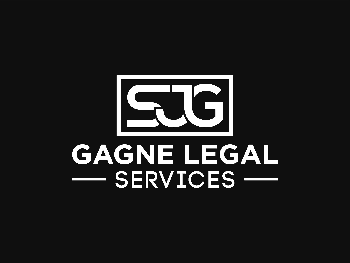[ad_1]
If e-mail is one of the primary ways for you to communicate with your coworkers, friends and family then you might have heard of Google’s Gmail. As defined by Google, Gmail is a free webmail service that incorporates all of the best features found in other webmail services while at the same time improving and building on new technologies to improve the user experience.
Today, Gmail is one of the largest webmail providers in the world because it is easy to set up and use however one of the things that Google has always paid a great deal of attention to is security. Everyday thousands of people have their personal information compromised and many of them don’t even know it which is why it is important for you to keep in mind some basic tips in order to improve your Gmail account security, let’s take a look:
HTTPS
This is an acronym that stands for hyper text transfer protocol with an added security sockets layer but put in simpler terms, this is a setting to prevent your information from being stolen or compromised while you are accessing your e-mail whether it be from home, a hotel or a public wireless network.
Protect your password
This is one of the most obvious ways for you to improve your account security however many people still use generic and easy to guess passwords such as “123456” and even the word “password” furthermore, make sure that your password includes both numbers and alphanumeric characters and that you never input your password after following a link which has been sent through e-mail because in most cases this is a form of phishing.
Update your browser
One of the most popular browsers used to date is the Internet Explorer browser, well over 60% of all Internet users use this browser but not many keep the software up to date which lifts them open and vulnerable to malicious web code and attacks. The best and easiest way for you to keep your browser updated is to enable regular updates from Microsoft if you’re using the Internet Explorer browser. If on the other hand you are using Firefox then you will always get a pop up indicating the new version has been released, don’t ignore this message and perform the update.
Change your password every three or four months
While this is something that not many people do it is important that you change your password if you want to keep your information secure. Changing your password as often as every 3 to 4 months ensures that your data doesn’t get compromised and that any unauthorized access will get it eventually blocked. Firefox as well as Google chrome, with a built-in password manager but if you don’t want to keep your passwords within the browser then a really good option is to use an application such as Roboform, Last Pass Password manager or 1Password for Mac.
Scan your computer against viruses and Malware
If you are one of those people who love using “Smileys” and “Emoticons” on your chat and web applications then make sure that in order to access such content you’re not downloading an executable program because this is how spyware, viruses and malware get installed in your system. There are many free options that you can use in order to detect and block most suspicious programs and files.
If you want a free antivirus then Avira “Antivir” or Avast are two of the best options, two great anti-spyware programs are SpyBot as well as Ad-Aware and last but not least you may choose between Comodo or Zone Alarm for your firewall.
[ad_2]
Source by Robert Melkonyan
